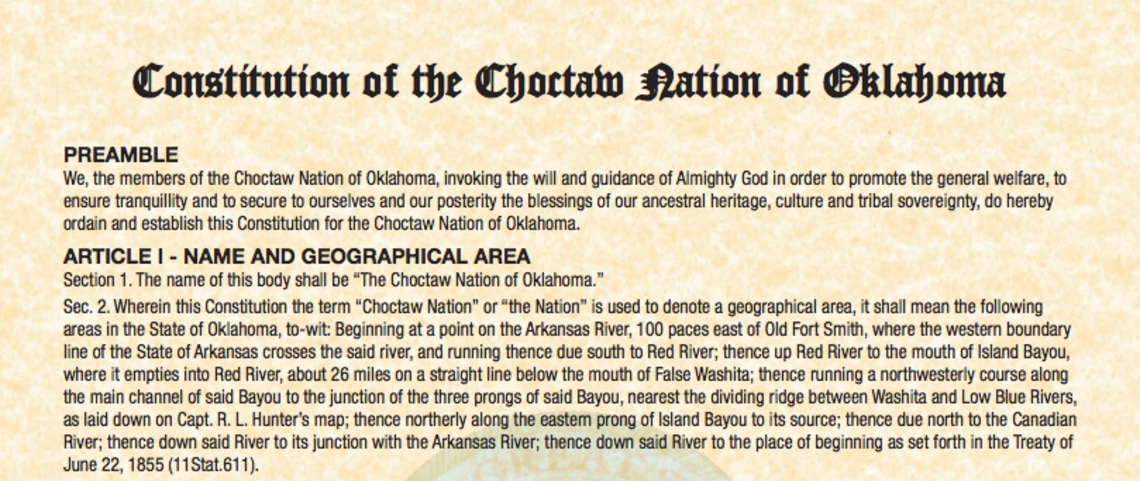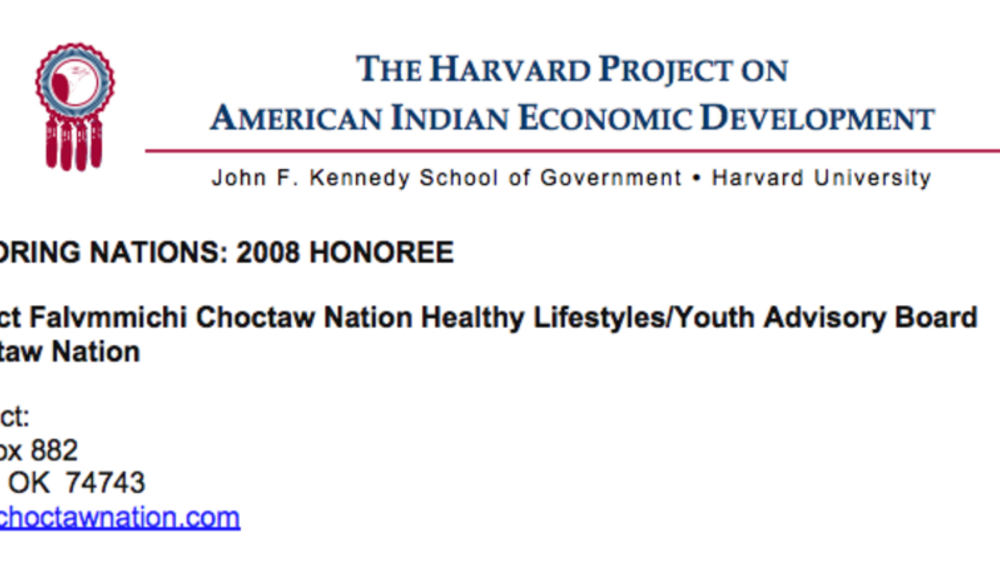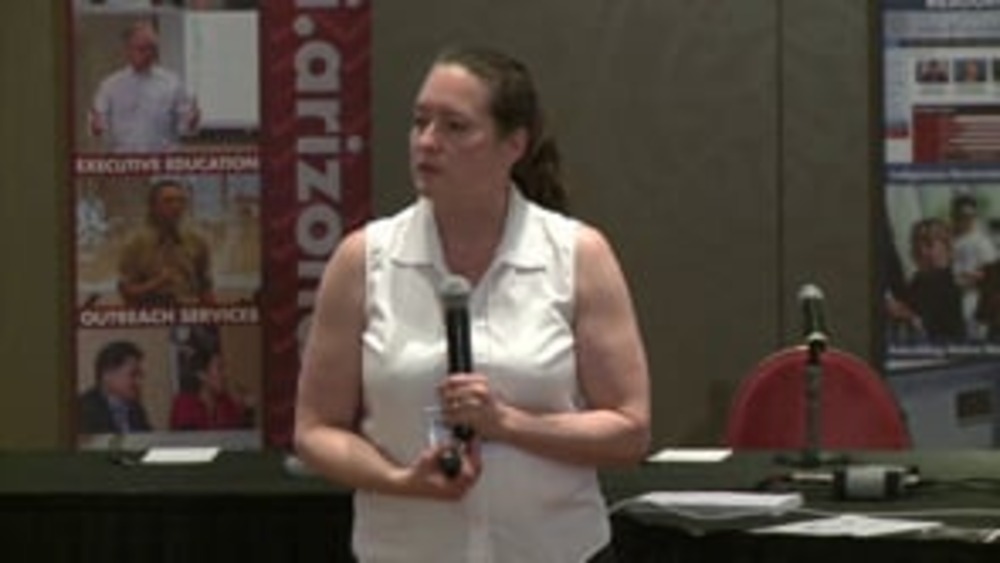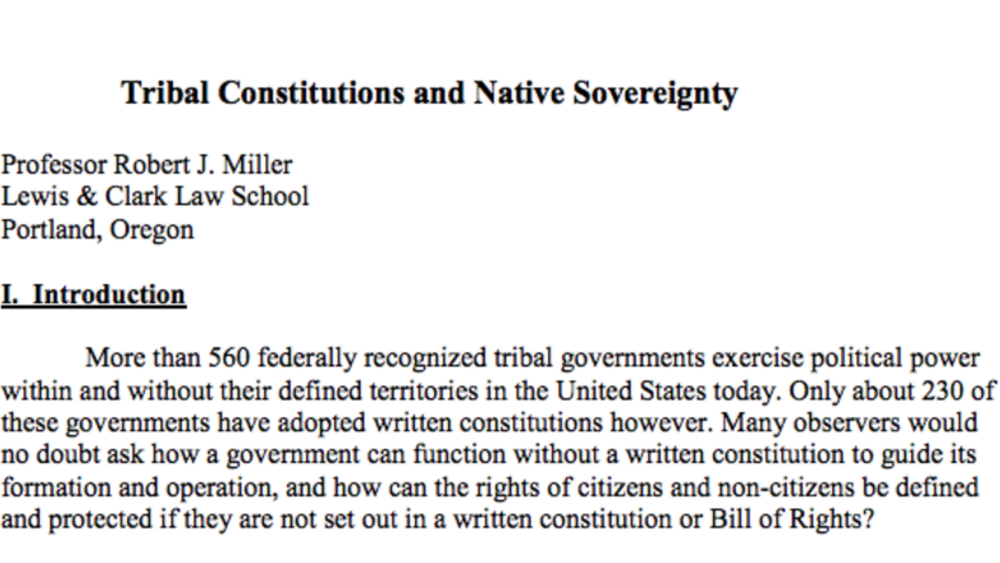ARTICLE XII - JUDICIAL DEPARTMENT
Section 1. The judicial authority of the Choctaw Nation shall be vested in a Tribal Court which shall consist of three (3)-member Court appointed by the Chief with the advice and consent of the Tribal Council. One (1) such member,the presiding judge, shall be a lawyer duly licensed to practice before the Supreme Court of Oklahoma. Two (2) members may be non-lawyers.
Sec. 2. Members of the Judicial Department must be residents of the Choctaw Nation and must remain residents of the Choctaw Nation during the tenure of their office. The non-lawyer members must be qualified electors of the Choctaw Nation.
Sec. 3. Tribal Court members shall be appointed for a term of three (3) years; provided that initially one (1) member shall be appointed for one (1) year, one (1) member shall be appointed for two (2) years and one (1) member, who is the presiding judge, shall be appointed for three (3) years to establish staggered terms of office.
Sec. 4. Judges shall not be subject to removal except as provided in Article XV, Section 1.
Sec. 5. Decisions finally determining each cause of action decided by the Tribal Court shall be recorded in journals kept for that purpose.
Additional Information
Choctaw Nation of Oklahoma. "Constitution of the Choctaw Nation of Oklahoma." 1983. Talihina, OK.




